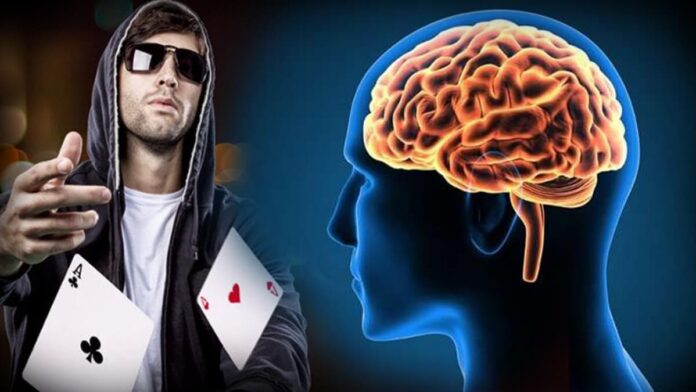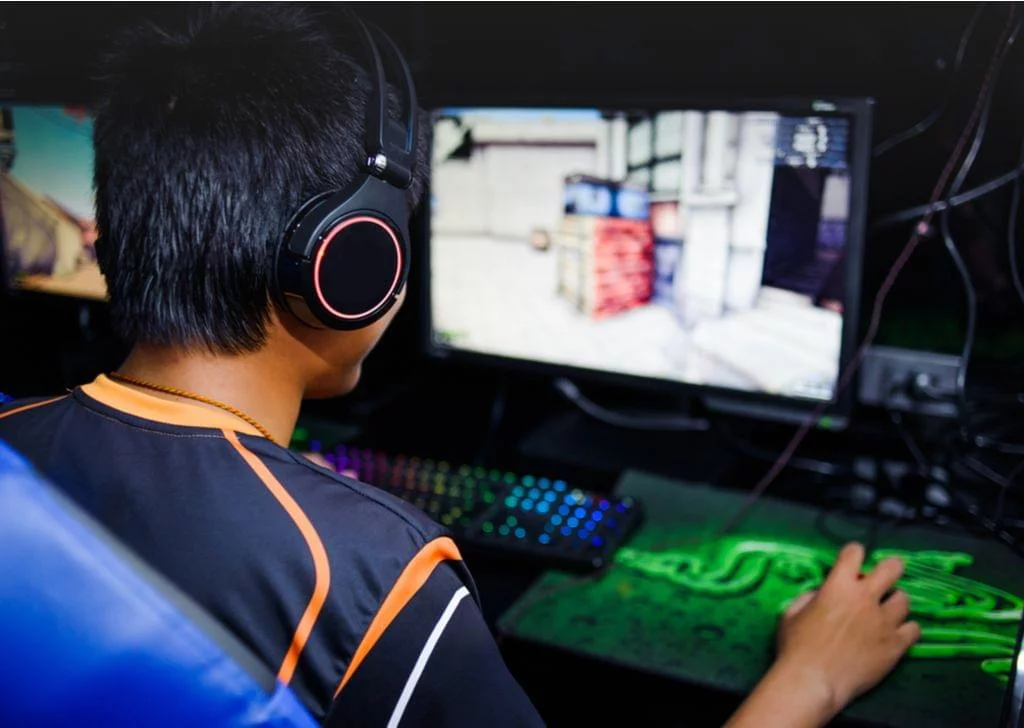
The landscape of entertainment has undergone a seismic shift with the advent of online gaming and gambling. Virtual platforms have created an immersive environment, drawing millions of global users into an interactive world filled with challenges, rewards, and social connections. While the benefits of this digital evolution are undeniable, the psychological impact on players demands equal consideration. This article delves into the multifaceted nature of online gaming and gambling, uncovering the cognitive, emotional, and social repercussions that often go unnoticed.
The Cognitive Impact of Online Gaming and Gambling
The mental processes that underlie online gaming and gambling are complex, often influencing and being influenced by the player’s cognition. A deep dive into these cognitive elements reveals an intricate interplay of factors, from decision-making skills to cognitive biases.
Decision-Making and Risk Assessment
In games where strategy and choice are vital, the cognitive process of decision-making is significantly engaged. Players have to assess risks, evaluate the possible outcomes, and decide on the most advantageous action. Over time, this repeated engagement can sharpen critical thinking skills.
However, in the context of online gambling, the risk-benefit analysis can be skewed. The unpredictability and randomness of outcomes, combined with the allure of potential gains, can lead players to overestimate their chances of winning. This misjudgment often results in persisting in adverse circumstances, a phenomenon known as the gambler’s fallacy.
Cognitive Biases and Illusions of Control
Online gaming and gambling environments often facilitate cognitive biases. For instance, the illusion of control, the belief that one can influence an outcome that is largely determined by chance, is prevalent in both realms. This illusion may provide temporary enjoyment but can have serious long-term consequences, such as overconfidence and excessive risk-taking.
Another cognitive bias common in online gaming and gambling is confirmation bias, wherein players interpret information in a way that confirms their pre-existing beliefs. A gamer who believes in their “hot streak” might disregard losses, focusing only on the wins that validate their perceived skill or luck.
Identity and Self-Concept
Online games, including those where players learn how to play online casino games, offer avenues for exploring identity. Taking on different roles or game strategies allows players to experiment with various aspects of their personality. However, this exploration can sometimes blur the boundaries between the virtual and real-world self, potentially leading to identity confusion.
The Emotional Impact of Online Gaming and Gambling

Along with cognitive considerations, the emotional impact on players partaking in online gaming and gambling is significant. The thrill of competition, the joy of achievement, and the disappointment of defeat all play a part in shaping players’ emotional experiences.
The Reward System and Emotional Highs
Online games and gambling sites are cleverly designed to engage the brain’s reward system, offering virtual prizes, badges, or monetary rewards. This can result in emotional highs, engendering a sense of achievement and satisfaction. However, the pursuit of these rewards can also become compulsive, leading to problematic gaming or gambling behaviors.
Frustration, Anxiety, and Emotional Lows
Not all emotional impacts are positive. Defeat in games or losses in gambling can lead to frustration, disappointment, and in some cases, anxiety. Moreover, the social pressure to perform or win can add an extra layer of stress, especially in multiplayer or competitive games.
Also, with online gambling, the emotional lows can be severe. Large financial losses can lead to feelings of despair and regret, which can sometimes spiral into gambling-related anxiety or depression.
The Social Impact of Online Gaming and Gambling
The social dimension of online gaming and gambling is perhaps its most defining characteristic. The ability to connect with others across the globe creates unique social dynamics, for better or worse.
Community Building and Social Engagement
Online gaming has given rise to virtual communities, facilitating camaraderie and teamwork. Players can form or join groups, collaborate on challenges, and engage in social interaction. This can foster a sense of belonging and provide a platform for shared experiences.
However, with online gambling, the social aspect is less positive. Many gamblers play in isolation, which can lead to feelings of loneliness or disconnection.
The Influence of Online Gaming and Gambling on Personal Development

Online gaming and gambling can have profound effects on a player’s personal growth, shaping their identity, self-concept, and overall lifestyle.
Identity and Self-Concept
Online games, especially those with character creation and role-playing elements, provide players with a unique avenue to explore different facets of their identity. Through avatars, players can experiment with different roles, enhancing their understanding of self and their place in society.
However, it’s important to recognize that this digital exploration can sometimes blur the boundaries between the virtual and real-world self, creating the potential for identity confusion.
In the case of online gambling, a player’s self-concept can be tied to their wins or losses. Winning may inflate self-esteem, while losing may lead to self-doubt and negative self-perception, emphasizing the importance of a balanced approach to these activities.
Lifestyle Changes
Online gaming can significantly influence a player’s daily life. Healthy gaming can promote problem-solving skills, resilience, and collaboration, skills that can be applied in real-world situations. Yet, excessive gaming can lead to neglect of other life domains, such as academics, work, or personal relationships.
Online gambling can also lead to lifestyle changes. Regular participation may alter financial planning or time management, and in severe cases, can lead to financial hardship or time-related stress.
The Impact of Online Gaming and Gambling on Health

While the cognitive, emotional, and social implications of online gaming and gambling are substantial, their effect on physical and mental health must not be overlooked.
Physical Health
Regular online gaming and gambling can lead to sedentary behavior, increasing the risk of health problems like obesity, musculoskeletal issues, or eye strain. However, health-conscious design (e.g., break reminders) and moderation in play can help mitigate these risks.
Mental Health
Online gaming can contribute to both positive and negative mental health outcomes. On one hand, it can reduce stress, provide enjoyment, and promote relaxation. On the other hand, excessive gaming can lead to gaming disorder, characterized by a loss of control over gaming and significant interference with daily life.
Online gambling can pose even more significant mental health risks. Problematic gambling behavior can lead to gambling disorder, associated with a range of mental health problems, including depression, anxiety, and in severe cases, suicidal ideation.
Conclusion
Online gaming and gambling are increasingly prevalent forms of digital entertainment, with profound cognitive, emotional, social, and health impacts. As we continue to navigate the digital landscape, it’s crucial to promote safe and balanced engagement, fostering the benefits while minimizing the potential harm. The future of digital entertainment relies on our collective understanding and responsible use of these platforms.








